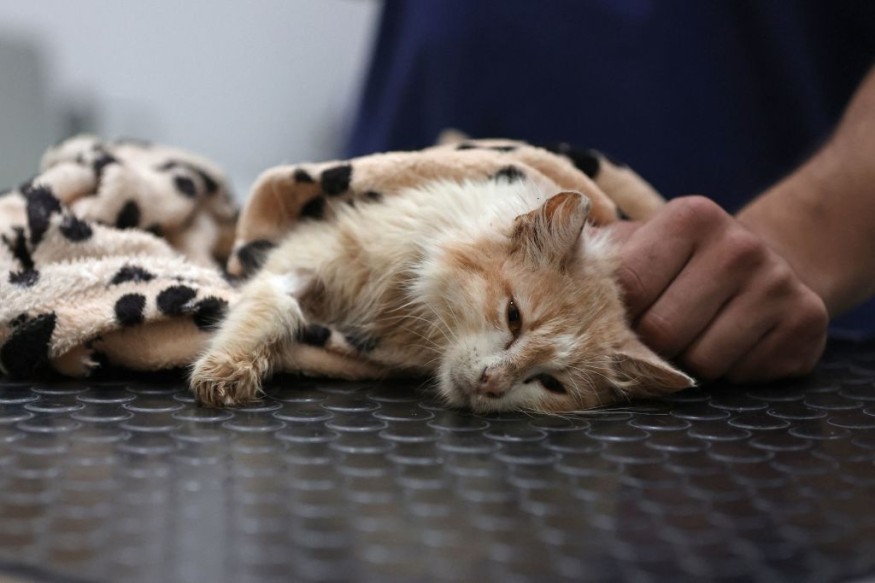
The latest reports said that about 300,000 cats died in Cyprus due to an outbreak of a feline coronavirus, urging owners to bring to pets if they show signs of infectious disease.
Cyprus or island of Cyprus, has been a home for many domestic and stray cats. Before the outbreak, cats had been roaming around with residents and tourists.
However, the situation changed when an outbreak of feline infectious peritonitis (FIP) emerged in Cyprus, killing over 300,000 cats since January.
Pet owners or concerned people are advised to bring to a nearby vet when they find cats showing signs of the virus.
Dying cats due to disease outbreak in Cyprus
According to Daily Mail UK and The Telegraph, a coronavirus strain or feline infectious peritonitis (FIP) caused the deaths of the cats on the island of Cyprus.
The virus could threaten the cats more if left untreated, which could become challenging for health experts.
The report noted that efforts to quarantine the spread of the virus have been continuous, as veterinarians helped to save weak and dying infected cats.
Seeing the island of cats became heartbreaking for cat lovers as dead cats were found on the streets.
Based on the report, infected cats can show signs of aggressiveness, fever and weakness. The early treatment and reporting of infection can help reduce the declining cat population due to the virus.
Young kittens could be more at risk. According to The Telegraph report, about one million cats were on the island.
Protecting your cats from the virus
The report emphasized the importance of early detection to save cats from dying. Pet owners should immediately seek medical assistance if cats have virus symptoms.
According to Cornell University College of Veterinary Medicine, Feline infectious peritonitis (FIP) is considered a viral disease affecting the feline population,
The report explained that cats with the infection could not show initial signs of the virus.
After seven to 10 days, the virus could become more noticeable in cats. Without treatment, the virus can become fatal.
Also Read : 31 Years Old Female Maasai Giraffe Dies in Texas
As mentioned in earlier reports, young kittens are more vulnerable to the virus transmission, and 50% of the cases were found in cats under seven months.
Other symptoms of the virus include sneezing, respiratory symptoms and diarrhea.
Homeowners with cats should protect them from the possible virus. It is best to avoid your pets roaming around as the virus could infect them.
Limiting cat activities could reduce transmission. While it is challenging due to cats' exploratory nature, saving them from the virus is helpful.
Immediately seek veterinary clinics when pets have the feline coronavirus signs, as the FIP is considered contagious.
Consulting with vets is also helpful for required cat vaccination or virus tests.
Related Article : Pets Under Hot Temperatures: 5 Tips to Keep Them Safe
For more similar stories, don't forget to follow Nature World News.
© 2025 NatureWorldNews.com All rights reserved. Do not reproduce without permission.





